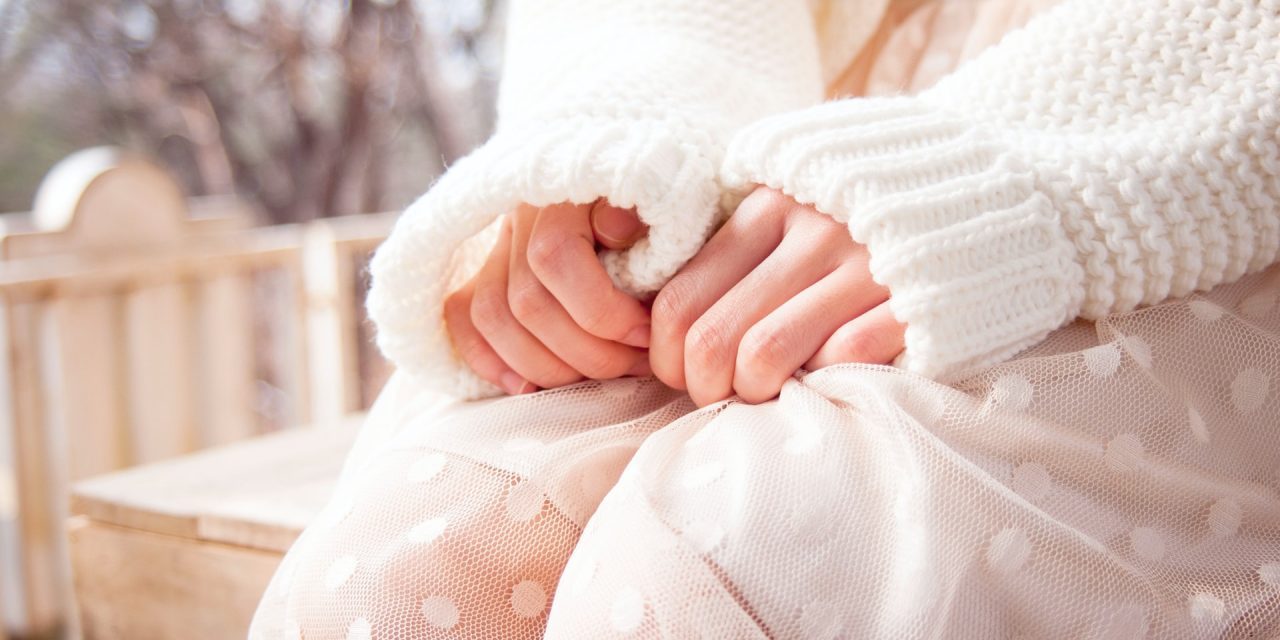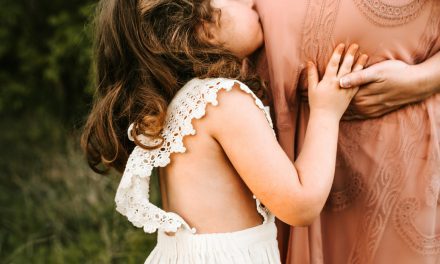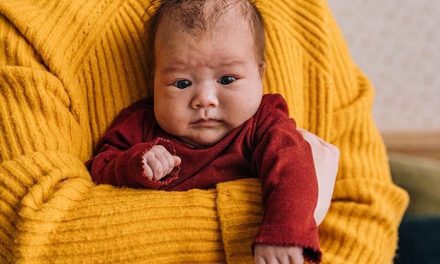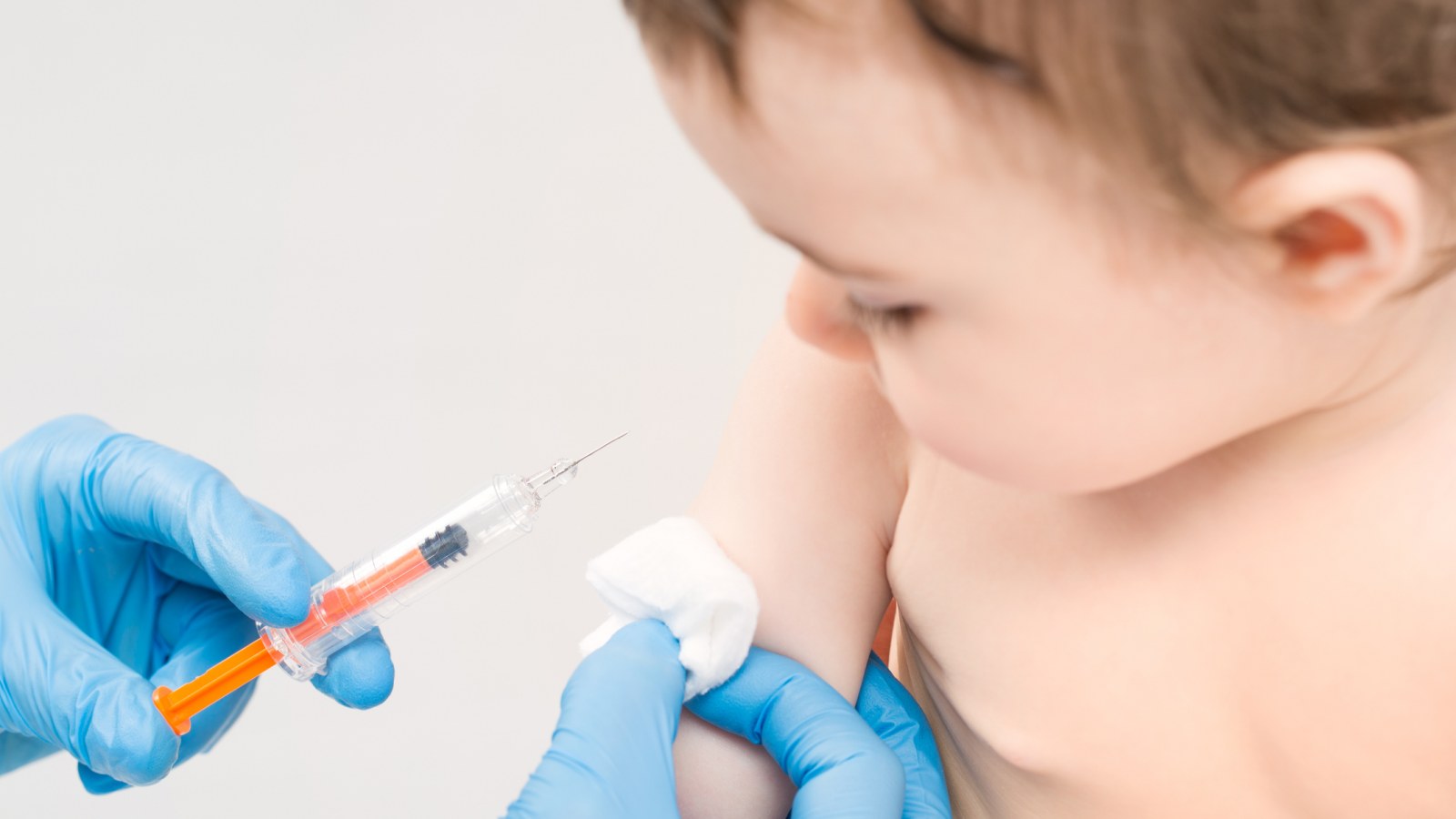It’s natural for children to get worried or afraid of certain things. It can be because of moving to a new place, the first day of school or nursery, or more. But, this fear or anxiousness can sometimes affect their health. Your child may find it difficult to concentrate in school or feel isolated. That’s when you should understand that your child’s anxiety isn’t normal, and could actually be an anxiety disorder. It’s normal to feel some amount of anxiety, but it can get toxic for your child if they start feeling too restless, irritated or agitated. Here’s everything you need to know about understanding symptoms of anxiety in children.
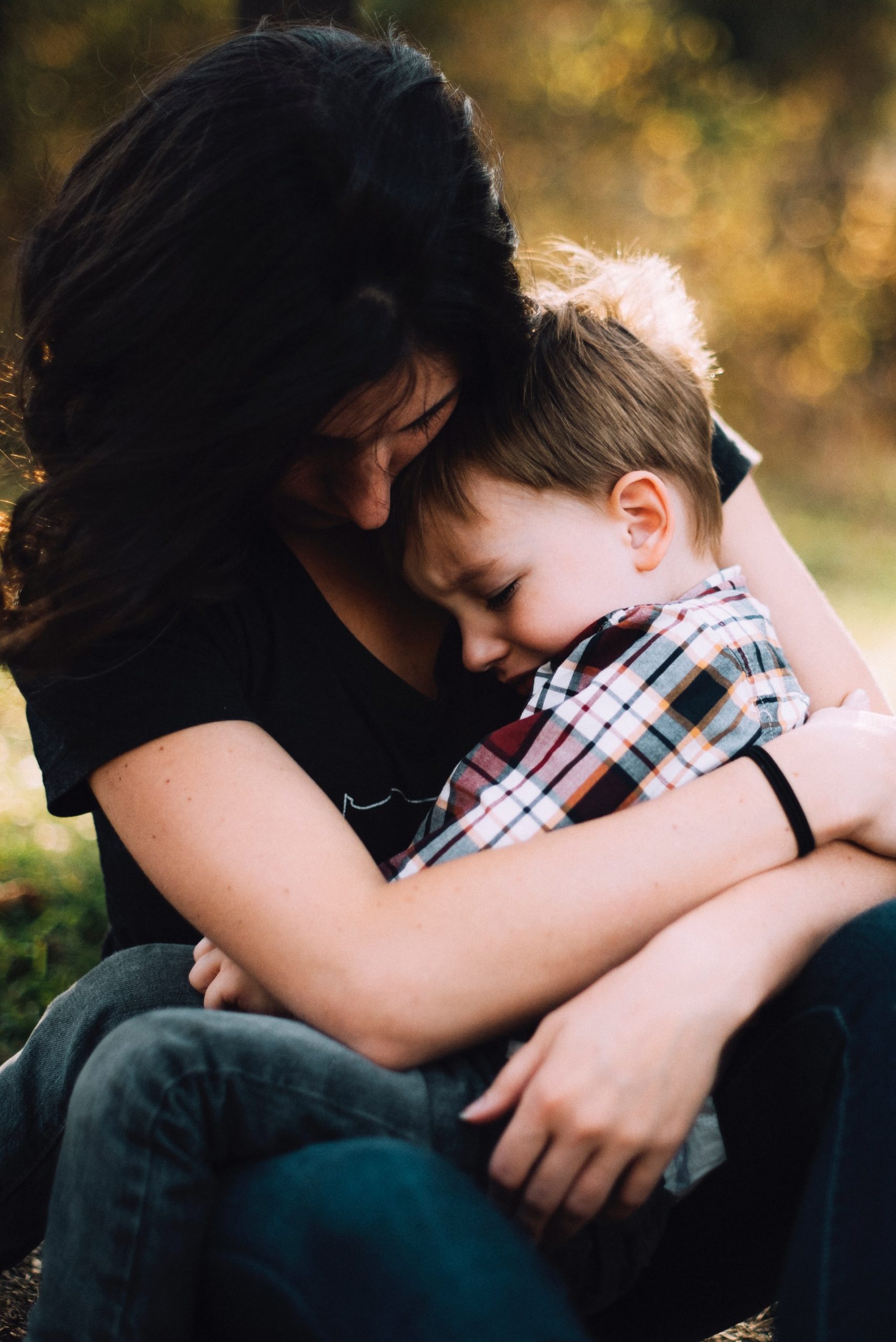
Some children might be suffering from an anxiety disorder. As parents, it’s important that you recognize the symptoms and seek treatment if necessary.
What Is An Anxiety Disorder In Children?
An anxiety disorder in children is a type of mental condition wherein your child tends to respond to several situations with severe worry and fear. This overwhelming fear is like a response to the stress that they are experiencing, thanks to something called the “fight or flight response”.
Everyone is born with this natural response; we’ve inherited it from our ancestors since it helped them deal with predators and other dangers. Feeling fear or stress during situations that demand it is completely natural. However, when people (whether adults or children) have anxiety, this fearful feeling is often unprompted, in excess, hard to control, and interferes with their daily lives.
If your child has an anxiety disorder, it can make them feel like avoiding friends at school, not going to social places, etc. Anxiety can also affect your child’s eating habits, sleeping schedule or daily routine. Depending on what stress your child is struggling with, there are certain signs and symptoms of anxiety disorder you need to be aware of.
What Are The Symptoms Of Anxiety In Children?
There are a couple of different reasons why a child can be suffering from an anxiety disorder. While one reason can be an issue with their mental health, another cause could be any kind of traumatic situation. Things like a sudden death in the family or the divorce of parents can also trigger an anxiety disorder. The symptoms of anxiety will vary depending on the type of disorder your child is experiencing.
Here are some of the signs and symptoms you should look out for that cause anxiety in children:
Physical Symptoms Of Anxiety In Children –
- Rapid heart rate
- Feeling of restlessness
- Shortness of breath
- Trouble sleeping
- Stomachache
- Muscle pain
- Sweating and fatigue
- Bedwetting
Behavioral Symptoms –
- Avoiding social situations
- Biting nails when nervous
- Refusing to go to school
- Difficulty in concentration
- Unable to be calm
- Throwing tantrums
- Being self-conscious all the time
Emotional Symptoms –
- Stressing all the time
- Frequent crying and outbursts
- Panic attacks
- Experiencing nightmares
- Fear of being embarrassed
- Being very clingy
- Constantly having negative thoughts
- Getting irritated or frustrated
What Are The Different Kinds Of Anxiety Disorders Children Experience?
Understanding the signs and symptoms of anxiety in your child will help you understand what kind of anxiety disorder your child has.
Following are some of the anxiety disorders children can experience:
Separation Anxiety Disorder (SAD)
Children with separation anxiety disorder show signs of getting extremely anxious when being away from their parents or caregivers. If your child is a baby or a toddler, it’s normal for them to get anxious when you’re not around. But, you should sense that they have separation anxiety when their fear exceeds what other children experience at their age. If your child shows symptoms like crying frequently, being clingy, avoiding school and other activities, it means they’re dealing with separation anxiety disorder.
Generalized Anxiety Disorder (GAD)
Sometimes your child may tend to get worried about a lot of things. Their worry may not really be related to any specific thing or situation, they may tend to get overly anxious and worried about everyday things as well. These are signs of children who have generalized anxiety disorder. If your child has generalized anxiety disorder, he/she may get worried about simple things like recess in school, birthday parties, the weather, minor injuries, etc. It can affect your child’s sleeping schedule and ability to concentrate in school, and leave them feeling uneasy and restless all the time.
Panic Disorder
Panic disorder can cause your child to experience overwhelming physical conditions like a pounding heart, feeling shaky or jittery, trembling with fear, chest pains, and getting breathless. In some cases, the panic attack may be so severe that the child could appear to be experiencing a heart attack. A child with panic disorder may feel discomfort in going to unfamiliar places or places that make them think of a panic attack. This disorder is more common in teenagers and young adults than in kids.
Specific Phobias
It’s natural for children to get afraid of things like ghosts, monsters, loud noises, and darkness. These kinds of fears are natural and experienced by people of all ages. But sometimes the fear of specific things can be really intense and can last for a long time in children. That increasing fear for a specific thing is called phobia. Your child with a phobia will show signs of trying to go out of the way to avoid certain things or situations that they fear. Children can get phobias of anything, often things that aren’t even scary to anyone without the phobia. Some of these are heights (acrophobia), water (aquaphobia), a certain animal (zoophobia), clowns (coulrophobia), blood (hemophobia), thunderstorms (astraphobia), etc.
Selective Mutism
Selective mutism is a type of anxiety disorder where children are too afraid to speak to most people. They tend to communicate with their parents or close family members but can show hesitation and fear to communicate with others. So, if your child feels uncomfortable at school or around other people and refuses to talk, you should understand that they are experiencing selective mutism.
Social Anxiety Disorder
With social anxiety disorder, children feel extremely self-conscious and embarrassed around other people. If your child has social anxiety disorder, he/she will be too conscious of what other people think or say about them. They won’t like being the center of attention and will avoid any kind of social situations or places. Social anxiety disorder can cause a child to panic and not respond in the classroom, avoid being a part of group activities, etc.
How Can You Help Your Child Deal With An Anxiety Disorder?
Most anxiety disorders can be treated with Cognitive Behavioural Therapy (CBT). This therapy helps children to deal with their fears and anxieties and overcome them. As a parent, it’s important that you are aware of your child’s signs and symptoms in case they’re experiencing an anxiety disorder. You can help your child by speaking to your pediatrician or a counselor, or any other specialist to help them manage their anxiety. That’s why it’s important that you choose the right pediatrician for your child.
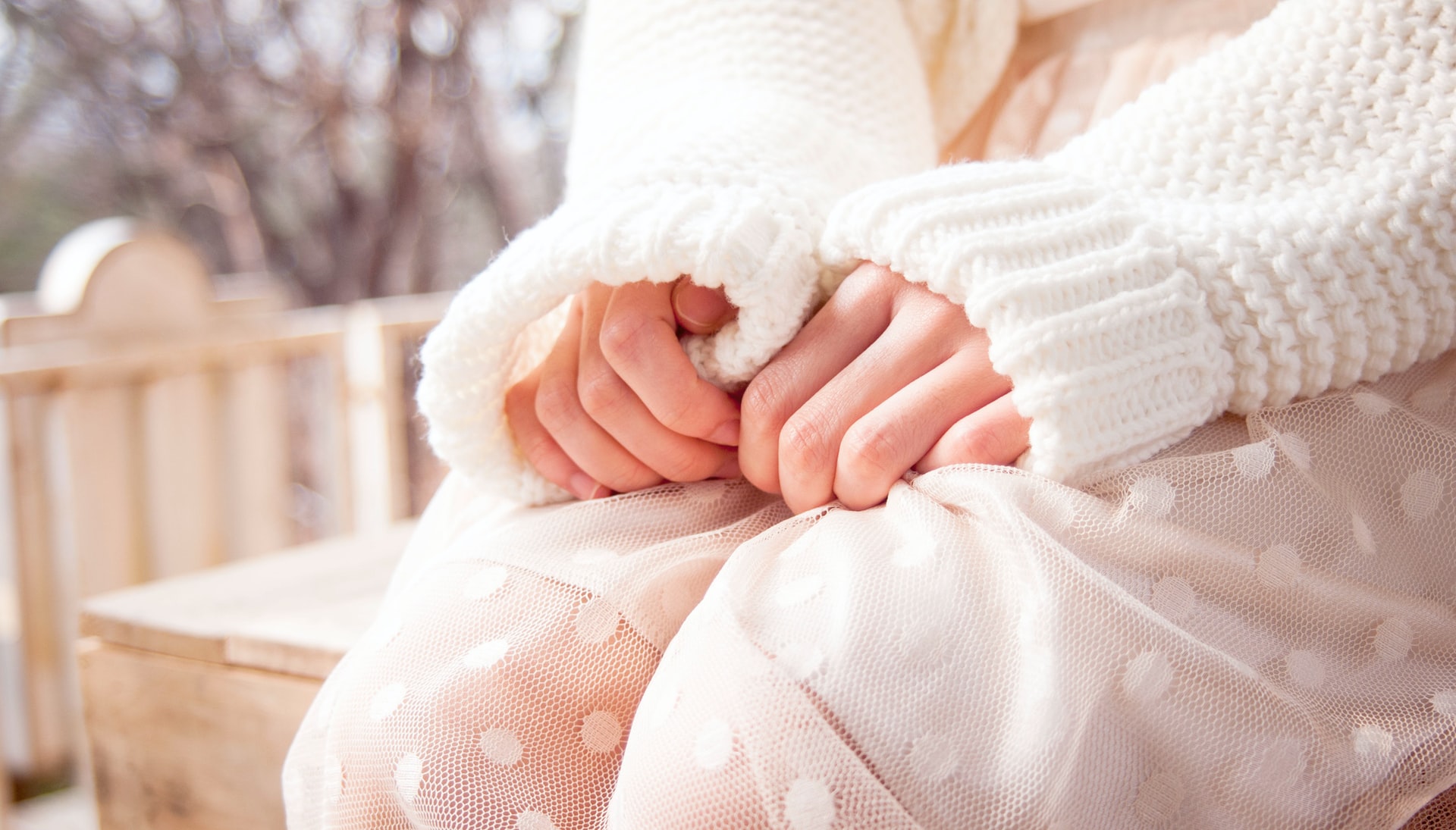
By recognizing the symptoms of anxiety in children, parents will be better able to ensure their child’s wellbeing.
Conclusion
Do keep in mind that anxiety is experienced by all children. But it’s the frequency of getting anxious and the intensity that should make you aware of what your child is going through. If you’ve read our thoughts on understanding anxiety in children, you know that you need to be aware of your child’s signs and symptoms. Along with that, don’t forget to keep a track of your child’s vaccination record. To make it easier for you, our ImmunifyMe app helps you keep digitized records of your child’s vaccination alongside a range of benefits for parents.
FAQs On Understanding Symptoms Of Anxiety In Children
What Are Signs Of Anxiety In A Child?
Some of the signs of anxiety in a child are as follows:
- Rapid heart rate
- Shortness of breath
- Trouble sleeping
- Panic attacks
- Nightmares
- Sweat and fatigue
How Do Kids Act When They Have Anxiety?
Anxiety can cause kids to display a range of symptoms, from getting frustrated and angry to throwing tantrums and having outbursts. Depending on the kind of anxiety disorder a kid is experiencing, they may show different signs and symptoms. These include sweating and fatigue, restlessness, sleeping problems, rapid heart rate, etc.
What Are The Behavioral Symptoms Of Anxiety?
Some of the behavioral symptoms of anxiety are as follows:
- Avoiding social situations
- Biting the nails when nervous
- Difficulty in concentration
- Unable to be calm
- Being self-conscious all the time

